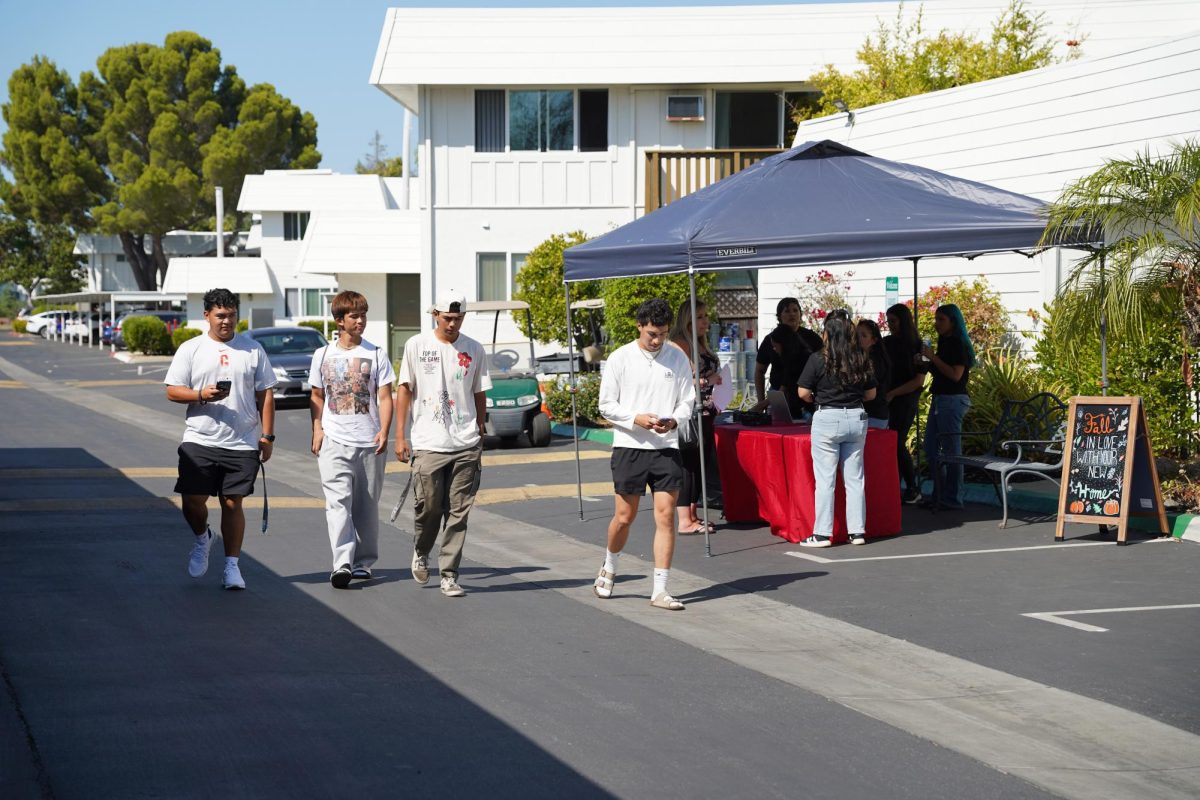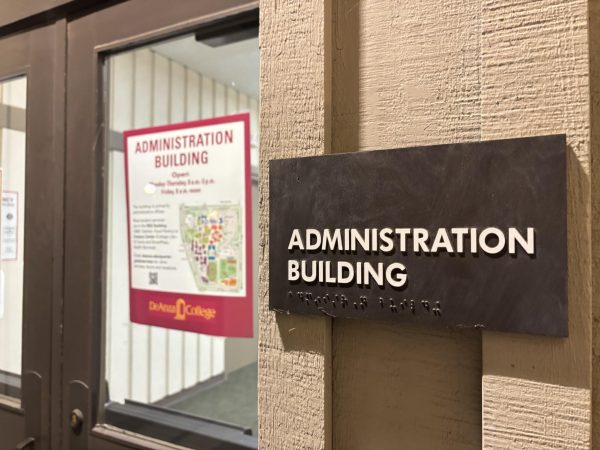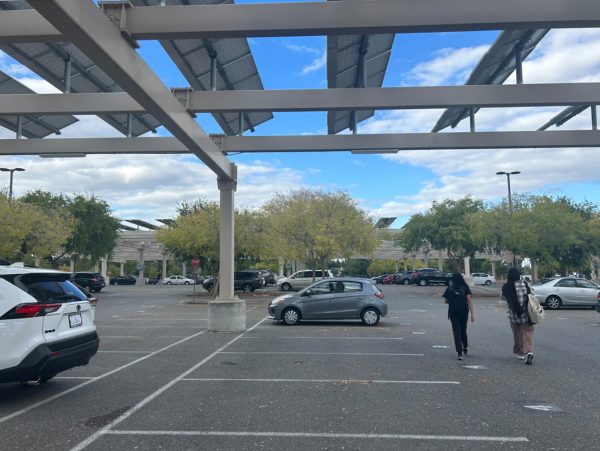Student Trustee: Student senators deserve pay
May 8, 2019
DASB senate members should receive a stipend to compensate for their advocacy work. This would provide an incentive for participation and encourage more equitable representation.
At the May 1 DASB senate meeting, I sought endorsement for a resolution to pursue possible compensation options for DASB senators and executives. The proposed payment will come in the form of a monthly stipend contingent on attendance at senate, shared governance and senate committee meetings.
The proposed stipends would provide $300 per month for executives and $100 per month to senators and require an annual budget of $34,200.
The source of the funding remains to be determined. Funding may come from the college, or perhaps from a grant through the Foothill-De Anza Foundation.
The student government should not have to allocate their own funds to create stipends. This would take away from the various programs that DASB currently funds.
Ideally, this modest financial assistance would allow students to spend more time on student advocacy, as well as provide an imperative for accountability and participation as a student leader.
Although $100 or $300 per month probably is not enough to, say, pay local rent, it may help reduce financial burdens for students whose jobs take up time that might be spent on campus.
A stipend for representatives will also encourage a more equitable presence of student voices in shared governance.
As student trustee, I receive a $450 monthly stipend from the district. This is the highest stipend of any trustee in our region. This compensation is contingent on my presence at the single monthly Board of Trustees meeting— less than what would be required of senators and executives.
Personally, I would be unable to serve as student trustee if not for this stipend, which pays my rent and allows me to be active on campus and in my classes.
I am staggered at the time and energy DASB representatives invest in their advocacy work.
Our most active representatives spend hours every day in meetings, presenting to classes and committees, facilitating events and carrying out due diligence, sending emails and creating agendas.
Many DASB senators advocate at the regional and state level, proposing policy and making trips to Sacramento to testify on behalf of community college students.
Student representation is made possible by unpaid labor. As we clamor for increased student involvement in governance processes and college planning, compensating student leaders is a way to validate the work.
Disclaimer: This column reflects the views of Kolar and does not necessarily reflect the views of the Board of Trustees.
























